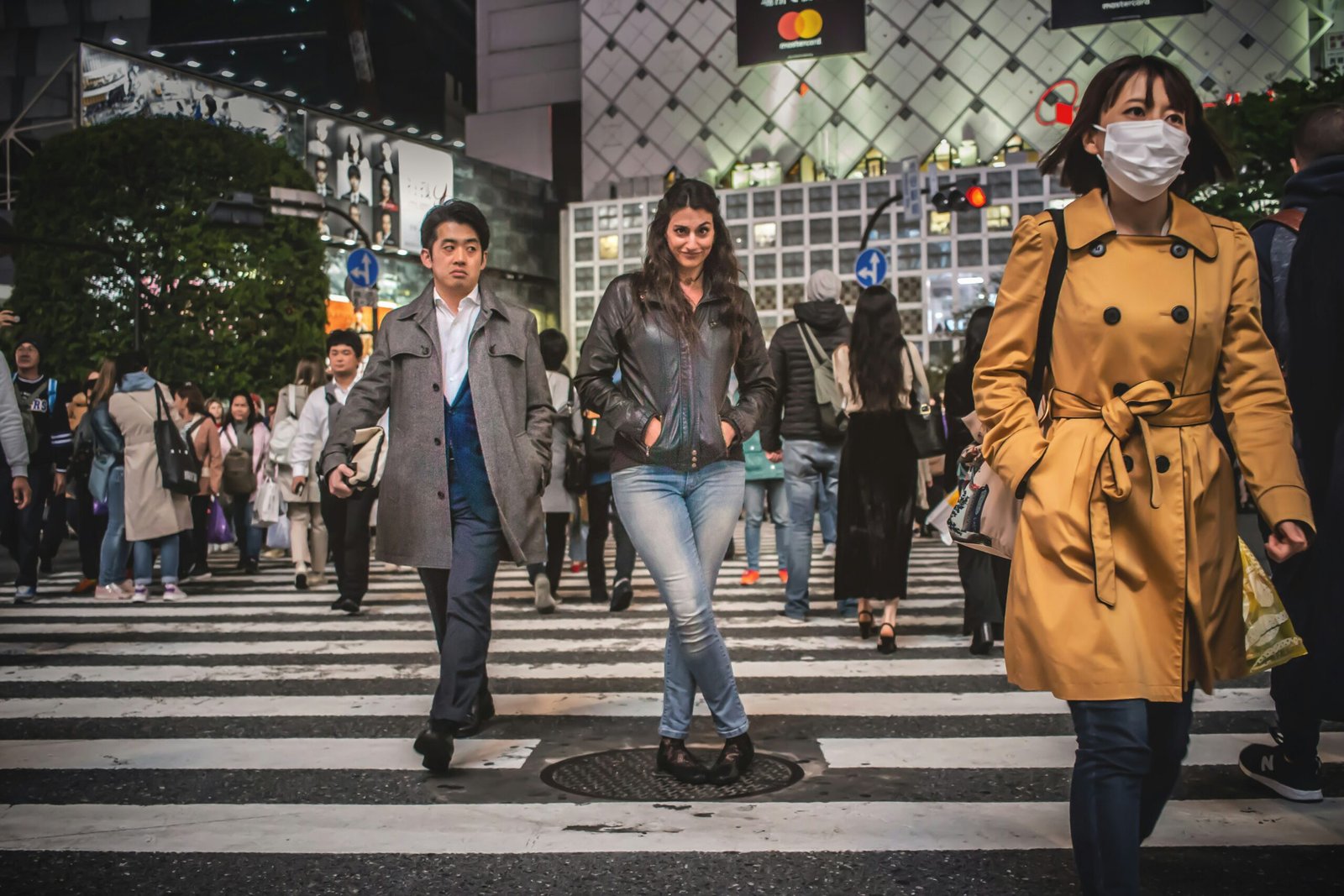Nightlife Events and Fetish Communities: Exploring Kinks, Fetishes, and BDSM Practices
When it comes to nightlife events, there is a wide range of experiences available for those seeking to explore their kinks, fetishes, and BDSM practices. These events provide a unique and inclusive space for individuals to connect with like-minded people, express their sexuality, and engage in consensual adult activities. In this article, we will delve into the world of nightlife events and how they cater to fetish communities, while also considering any potential negative impacts.
The Inclusive Nature of Nightlife Events
Nightlife events that cater to fetish communities are designed to be inclusive and welcoming. They provide a safe and non-judgmental environment for individuals to express their desires and explore their sexuality. These events often feature a variety of activities, such as themed parties, workshops, performances, and demonstrations, all aimed at creating an immersive experience for attendees.
One example of such an event is the annual Fetish Ball, where participants can dress up in elaborate costumes and engage in various fetish-related activities. These events often attract a diverse crowd, including both experienced practitioners and those who are curious and looking to learn more about kinks and fetishes.
Exploring Kinks, Fetishes, and BDSM Practices
One of the main purposes of nightlife events catering to fetish communities is to provide a platform for individuals to explore their kinks, fetishes, and BDSM practices. These events offer a range of opportunities for participants to engage in consensual play, whether it be through bondage, discipline, dominance, submission, sadism, or masochism.
For instance, workshops and classes are commonly held during these events, where experienced practitioners share their knowledge and teach others about different aspects of BDSM. These educational sessions cover topics such as safety, consent, negotiation, and the proper use of equipment. They aim to empower attendees with the necessary knowledge and skills to engage in BDSM practices in a safe and responsible manner.
Additionally, many nightlife events feature dedicated play spaces where participants can engage in consensual activities with their partners or explore new connections. These play spaces are equipped with a variety of BDSM furniture, such as bondage benches, spanking benches, and suspension rigs, to facilitate a wide range of experiences.
The Negative Impacts
While nightlife events catering to fetish communities provide a valuable space for individuals to explore their desires, it is important to acknowledge and address any potential negative impacts. One such concern is the potential for non-consensual behavior or boundary violations. Consent is a fundamental aspect of any BDSM practice, and it is crucial that all participants understand and respect each other’s boundaries.
Event organizers often have strict rules and guidelines in place to ensure the safety and well-being of all attendees. These may include protocols for obtaining consent, designated safe spaces, and the presence of dungeon monitors who oversee the activities and intervene if necessary.
Another potential negative impact is the stigma and misconceptions surrounding fetish communities. Society often misunderstands and stigmatizes those who engage in kinks, fetishes, and BDSM practices. This can lead to discrimination, prejudice, and even legal issues for individuals involved in these communities.
It is important to promote education and awareness to dispel misconceptions and foster a more accepting and understanding society. By providing accurate information and challenging stereotypes, we can work towards creating a more inclusive and tolerant environment for all.
Conclusion
Nightlife events catering to fetish communities offer a unique and inclusive space for individuals to explore their kinks, fetishes, and BDSM practices. These events provide opportunities for education, connection, and consensual adult activities. However, it is crucial to address and mitigate any potential negative impacts, such as non-consensual behavior and societal stigma. By promoting education, consent, and understanding, we can create a more inclusive and accepting society for all individuals, regardless of their sexual preferences and interests.

